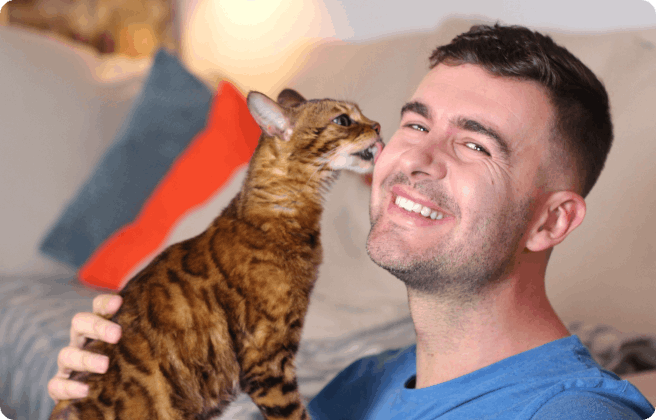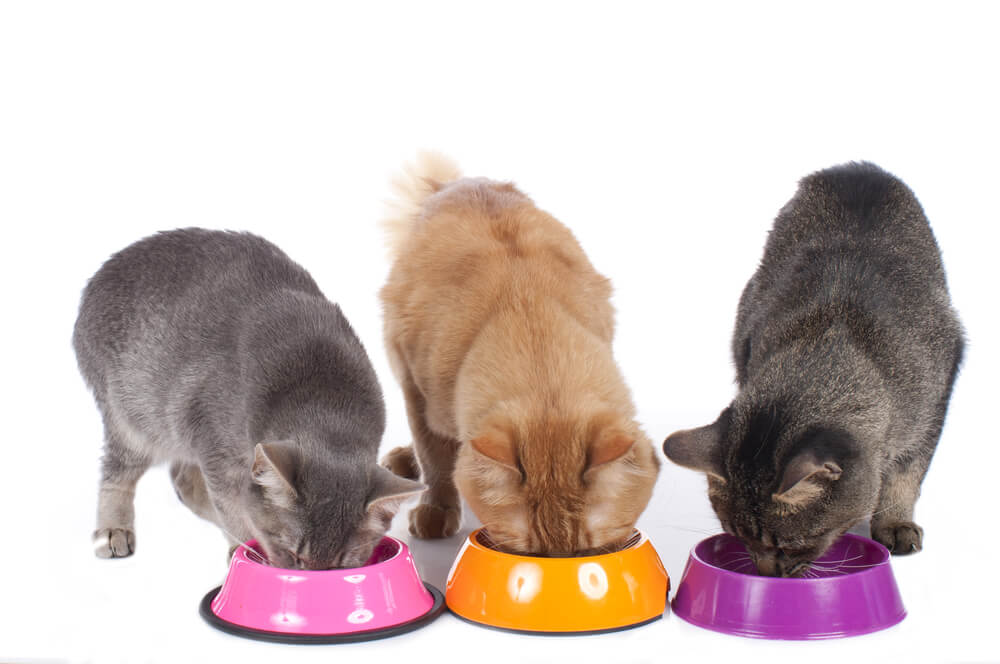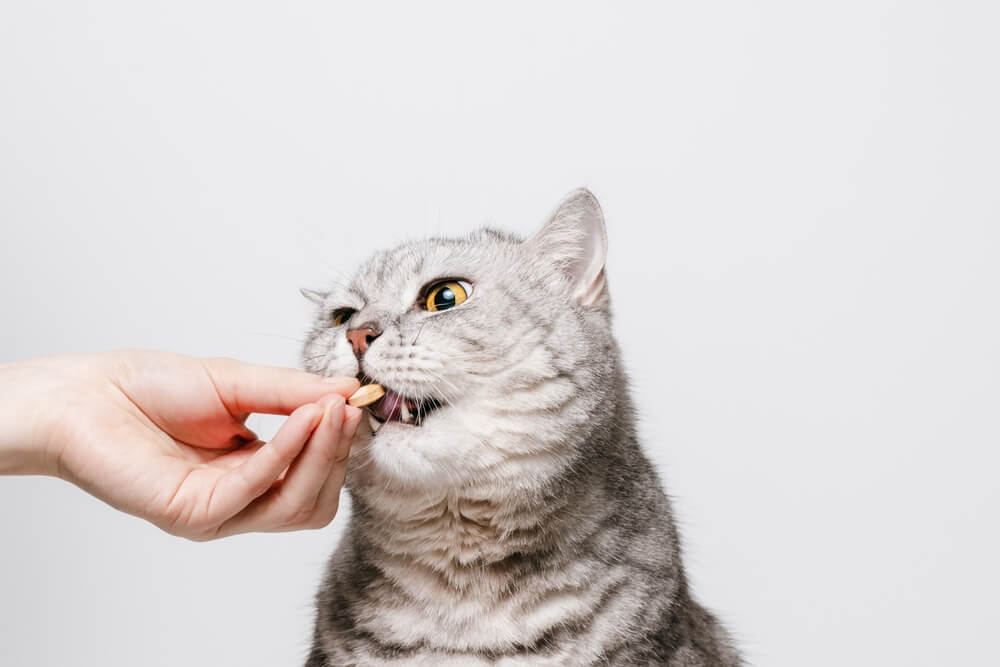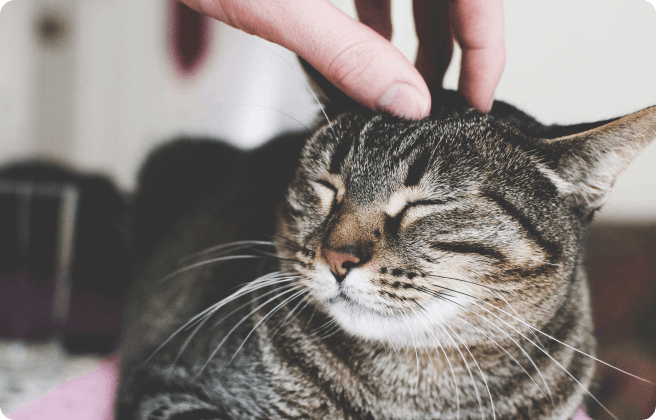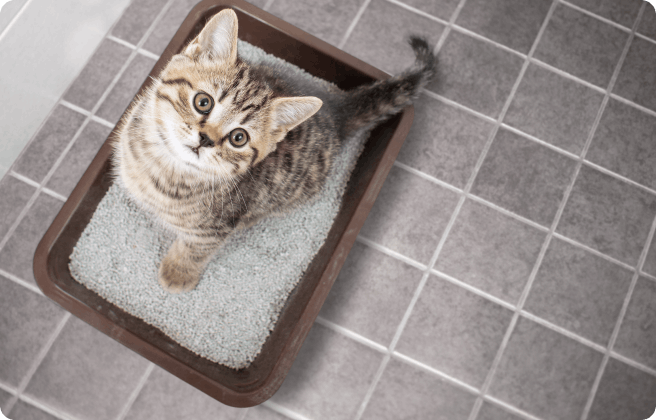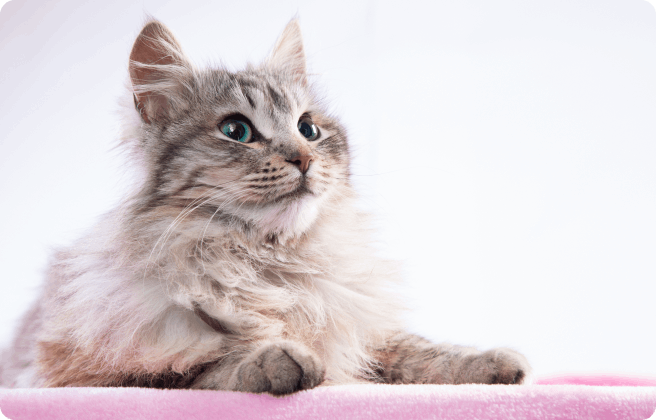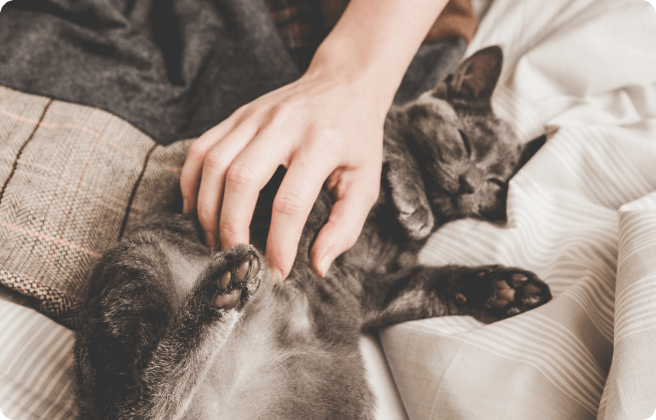
Many cat parents love sleeping with their pets in their bed, but it’s not without possible drawbacks. Some of these are relatively minor — ever been startled awake by a paw to the face before? — but there are others that are a little more serious. Needless to say, your cat peeing on the bed isn’t a healthy situation for anybody involved.
Unfortunately, getting to the root of why your cat pees on your bed can be complex as there are lots of possible reasons why bed-wetting can begin seemingly out of nowhere.
Physical or psychological?
Illnesses and injuries
- Some of the major causes are symptoms of a medical ailment — there are certain conditions, such as diabetes, bladder stones and urinary infections, that cause even normally well-house-trained cats to lose control of their bladders. Keep an eye out for other symptoms suggesting your cat’s in low health and take them to a vet to run a few tests.
- Urinary dysfunction can sometimes be the unpleasant after-effect of a tail pull injury — or sacrocaudal luxation if you want to be fancy about it — but some cats do regain this control as they recover.
Stress and bother
If there’s no specific bodily cause, perhaps the problem lies in your cat’s head instead.
- One thing to look at first is the litter tray setup. Is it located in a private and convenient spot away from busy corridors or noisy appliances? Are you refreshing it regularly enough for their liking? Perhaps adding more trays in new spots filled with different branded litter will help find a combination that will encourage your cat to go to the toilet in the correct place — this is even more important if there’s more than one cat in the household, as they’re famously territorial animals.
- Something else known to cause disarray with a cat’s toiletry habits is stress or anxiety, so it’s well worth considering any recent changes to your living environment your cat might not have exactly welcomed. Are there new and unfamiliar guests in the house, or perhaps cats or dogs in the local neighborhood making their presence known a little too strongly?
- It might even be something as small as a change in your daily routine and your cat failing to adapt to these new hours. Stressed cats often exhibit other telltale signs all’s not right with them, from obsessive grooming and loss of appetite to a tendency to hide away, so keep a watchful eye out for other indicators
- If your cat’s getting on in life, there’s also the possibility that a loss of urinary control is a sign of cognitive decline, especially if it’s accompanied by other uncharacteristic behavior — things like disorientation, meowing in the middle of the night and a loss of appetite. Unfortunately, there’s no cure for this, but your vet can offer tips on how to help them.
How can you stop your cat from peeing on your bed?
Whatever the cause, you’ll be desperate for dry sheets to be the norm once again, but how can you go about stopping your cat from peeing on the bed? Well, if your vet finds an underlying health condition, a round of antibiotics or a new diet might stop the problem dead in its tracks.
If it’s more likely to be the symptom of a mental malaise instead, you should try to be proactive and make alterations to your household in terms of routine and layout. Some parents also suggest laying something non-absorbent, such as a shower curtain, over the bed to discourage your cat from using it as a toilet. If nothing seems to be doing the trick, an animal behaviorist can offer professional assistance if it becomes a long-term issue.
Last of all…
One thing definitely needed is patience and while it’s understandable to be annoyed, be sure to never show any anger towards your cat — it might even make the problem worse by contributing to their anxiety!
We uphold the highest editorial standards when creating the authoritative content pet parents rely on and trust.
Every piece of clinical content on the Cat Food Advisor is reviewed by our certified Veterinary Advisory Board, which consists of licensed veterinarians and medically certified specialists.
Our reviews are completely independent; we are not paid by any pet food company to promote their products favorably. We do not accept money, gifts, samples or other incentives in exchange for special consideration. For more information see our Disclaimer & Disclosure page.




